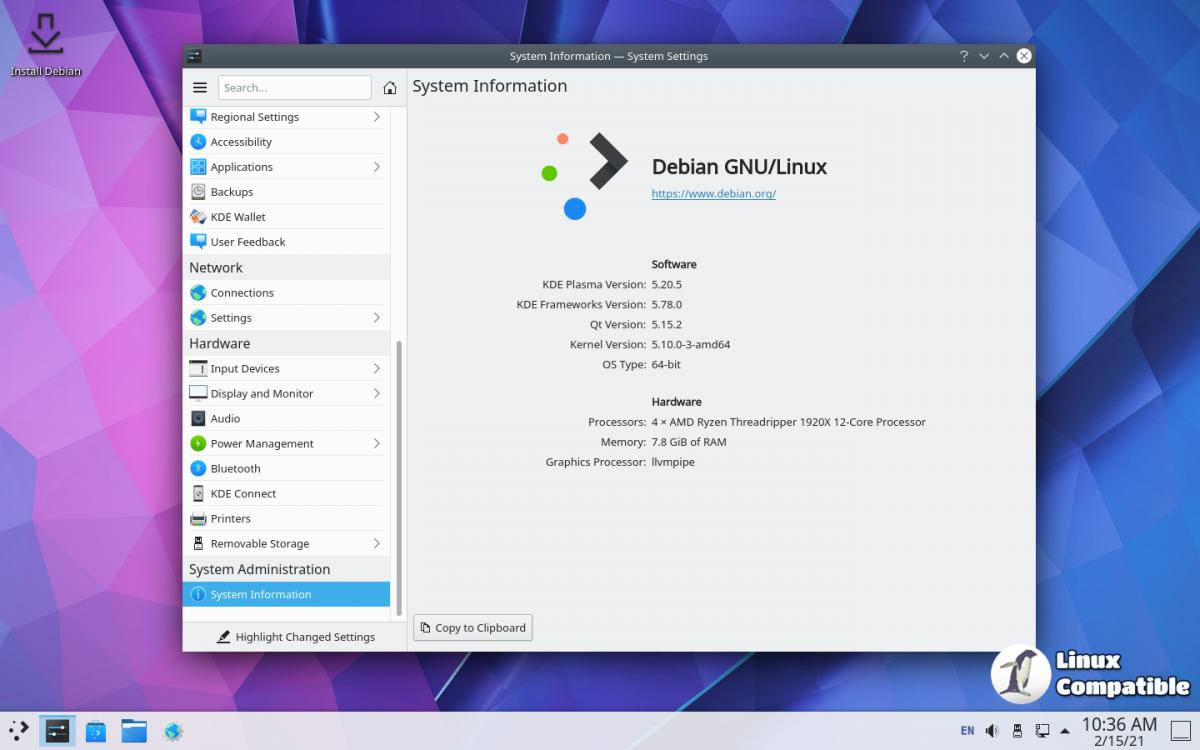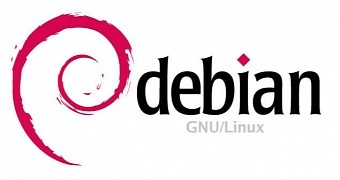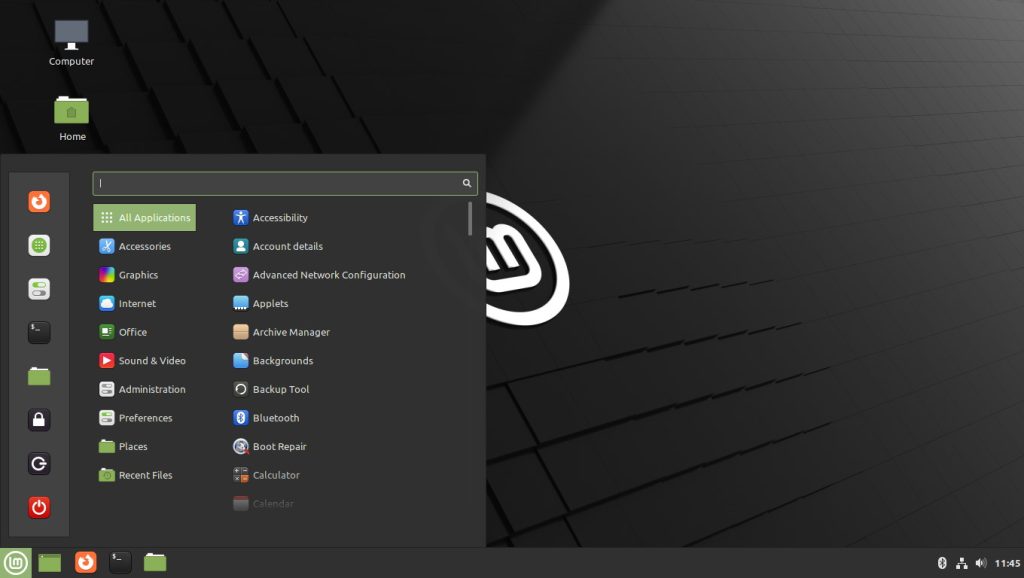
Instead, it is a very stable operating system that includes over 37,500 well tested packages, and precompiled software that can be easily installable. Unfortunately for some of us, Debian GNU/Linux is not a bleeding-edge Linux distribution. Includes a wide-range of open source appsīesides the default applications that are part of the GNOME, Xfce, KDE or LXDE desktop environments, Debian GNU/Linux also includes many other third-party apps for editing files, watching video streams, listening to music files, as well as numerous other essential core libraries and development packages.

Standard and Rescue CDs are also available for download on the official website, for anyone who wants to use a stable Debian base when dealing with various system administration and maintenance tasks. The project also provides Live CD images, which support only the 64-bit and 32-bit architectures, and can be used to test or install Debian with the KDE, GNOME, Xfce or LXDE desktop environments. Live CDs are available separately, as well as Rescue CDs

Recent versions of the operating system are distributed with the KDE, Xfce and LXDE desktop environments. Multi-arch ISO images are also available for download, but they only support network installations. It is distributed as network install images or installable-only CD or DVD ISO images, supporting the 64-bit (amd64, kfreebsd-amd64, ia64), 32-bit (i386, kfreebsd-i386), Armel, Armhf, MIPS, PowerPC, SPARC, s390, s390x, and MIPSel architectures. Distributed primarily as installable-only ISO images Dubbed “The Universal Operating System,” Debian GNU/Linux is used as a base for hundreds, if not thousands, of Linux distributions, including the world's most popular free operating system, Ubuntu Linux.

Debian GNU/Linux is an open source Linux operating system build from scratch by a team of talented developers and hackers who wanted to create an alternative to existing Linux distributions, such as Slackware.


 0 kommentar(er)
0 kommentar(er)
